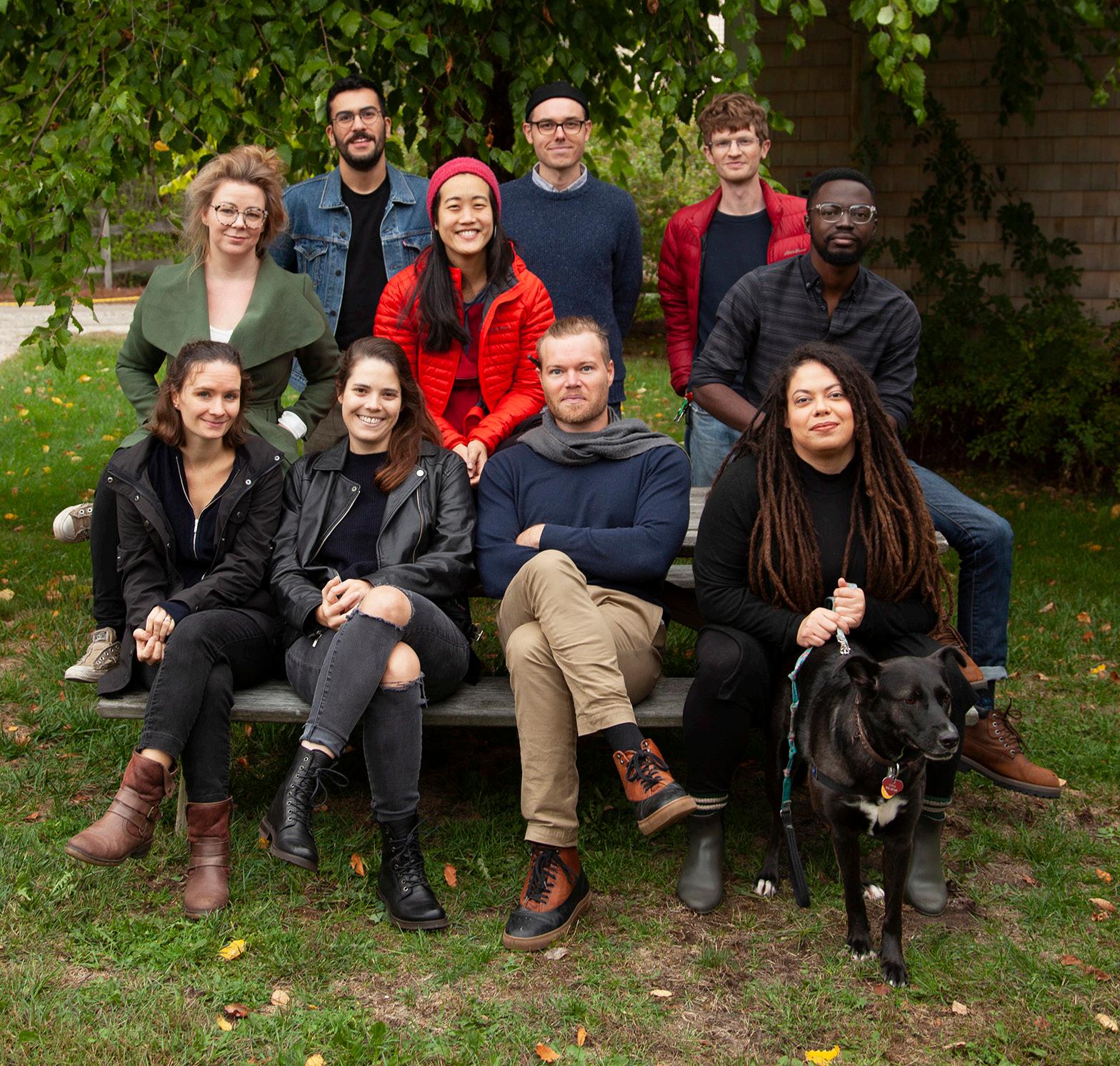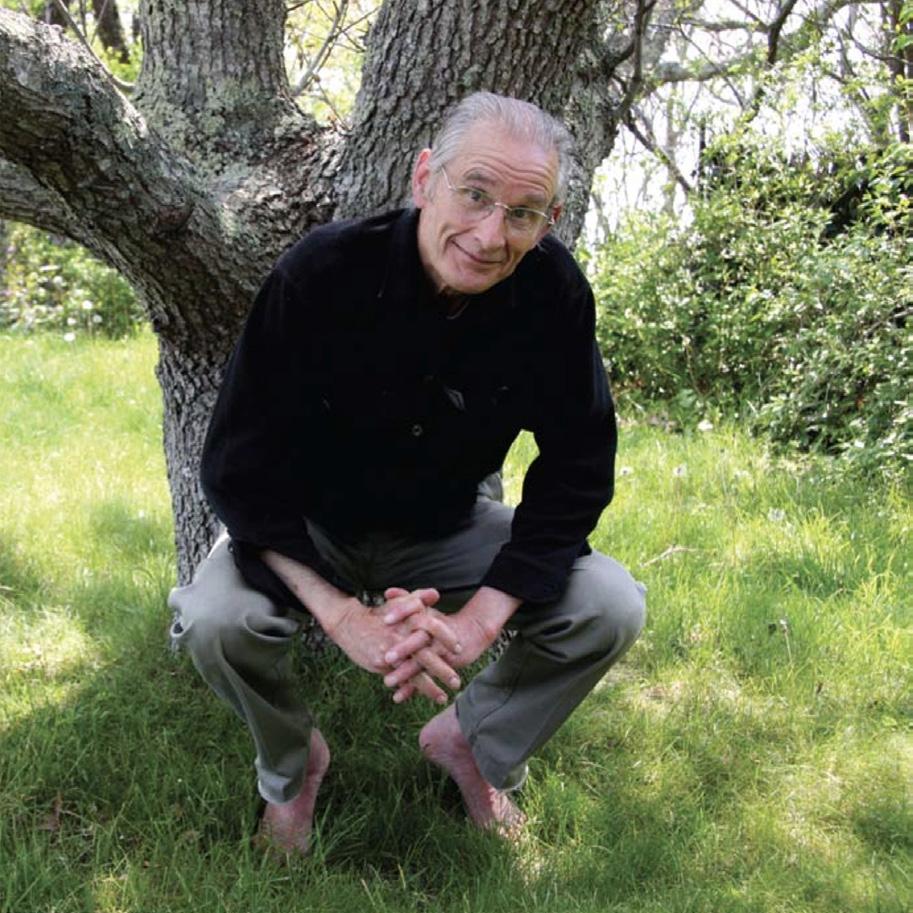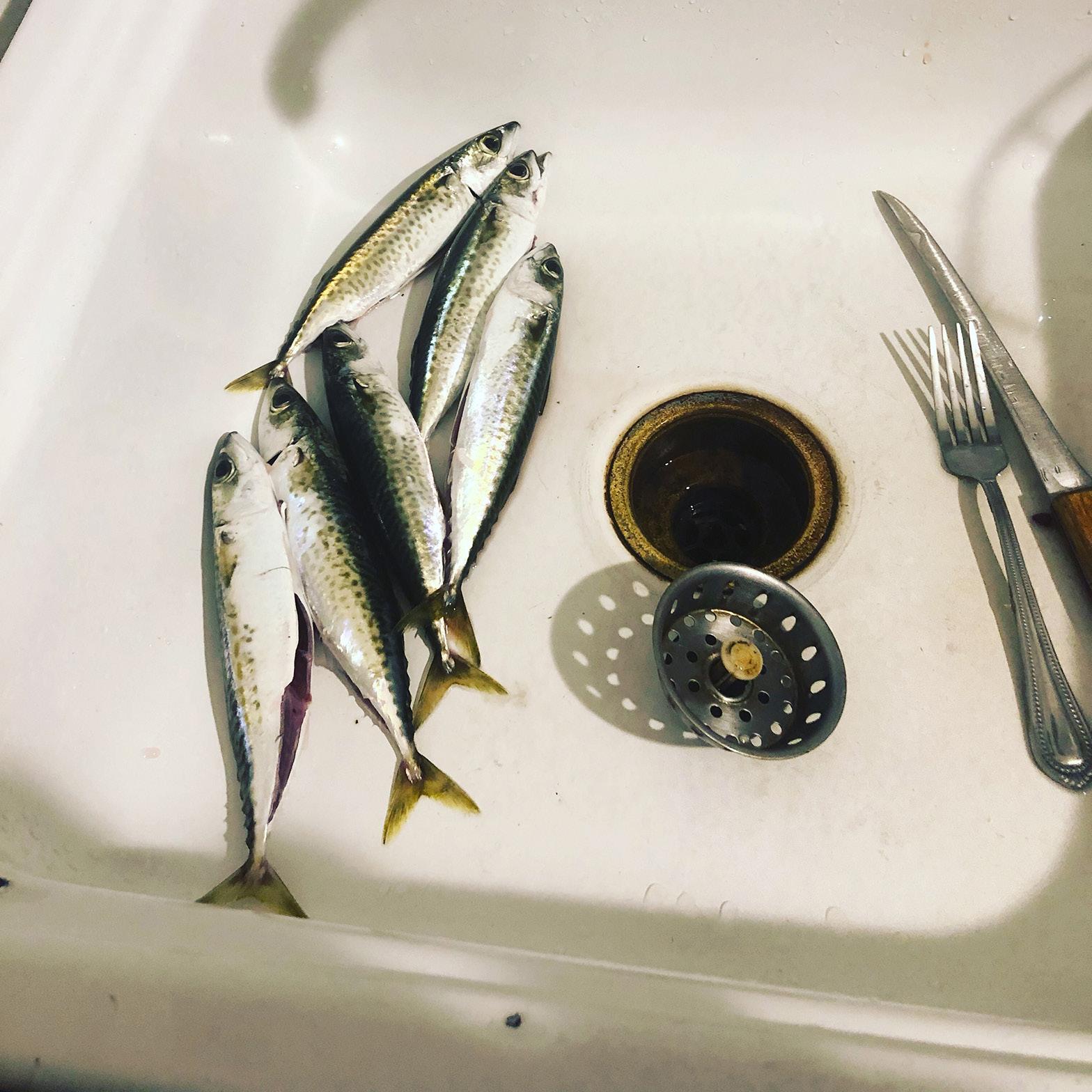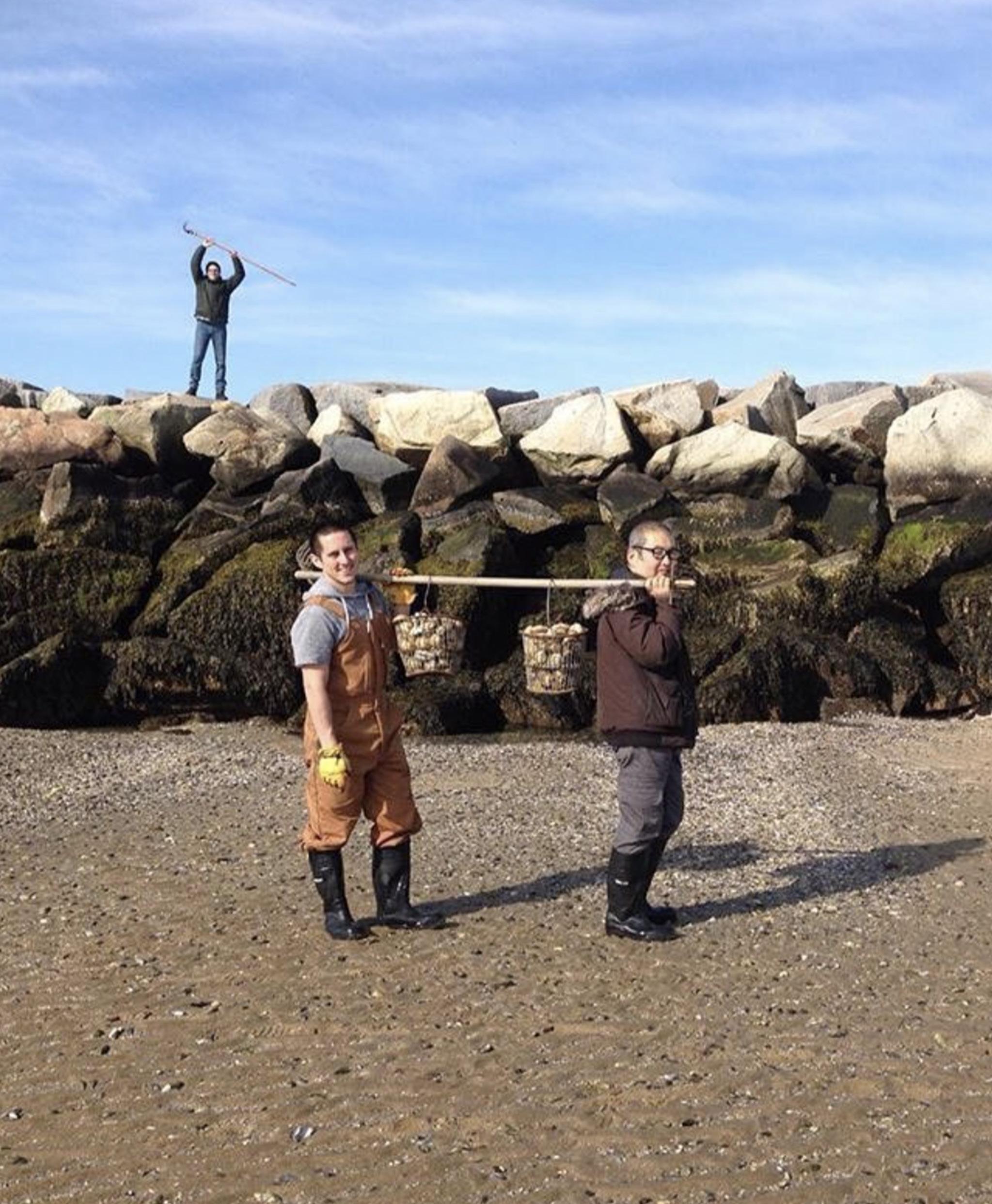J.W. PTACEK from “UNTITLED” […] here words failed the iconographer, who wished to express to the hegumen that he, the iconographer, was not the same man the hegumen had known when they were both young novices living together in the same cell, but also that he, the iconographer, was not the man the hegumen may have been led to believe him to be, because over the past ten years there had circulated among men a proliferation of fantastic fictions concerning the iconographer, and these fictions had grown only more fantastical with each passing year, making the fictions of previous years seem increasingly more plausible, until what was once considered an implausible fantasy was buried beneath new and greater fantastical implausibilities where it solidified into a bedrock of supposed truth, so that even the iconographer could not help but incorporate these fictions into his experience of himself and therefore his identity, if only by virtue of his being ever conscious of these fictions that were circulating out there in the world (much in the same way that, standing there in his surprisingly well-heated cell, he could not help but shiver and feel that he was cold, if only by virtue of his being conscious of the winds that were howling across the frozen field), because beneath even that bedrock of supposed truth, which was itself fictitious and which supported all fictions, there lay a certain lamentable fact that prevented any one of these fictions, even those fictions which ranked among the most fantastic and implausible, from being dismissed as a baseless lie, for they were all of them rooted in the same undeniable fact, which fact quite simply was this: the iconographer had renounced his vocation—this much alone was fact, and anything alleging to explain why the most promising iconographer in All Rus’ had given up on iconography and to chronicle his doings thereafter was simply speculation, supposition, invention, in short, the stuff of fiction, but, be that as it may, should the notion arise that such stuff could not be of any possible concern to these pages, then such a notion must be corrected, because even as far-fetching a fiction as the one which relates how the iconographer killed a man in the city of Vladimir to save the life of a young woman, a so-called yurodivy or holy fool, and then as penance offered to God a vow of silence, even this could be of concern to these pages, providing it reveal some truth about the iconographer’s relationship to his vocation, with a view to understanding his eventual writing of the icon of the Troitsa or Trinity, because insofar as a fiction revealed such a truth, then such a fiction would be of great concern to these pages, its deviation from historical and biographical fact notwithstanding […] and the iconographer, alone now in his cell, was pained that he had been unable to speak to the hegumen,
13





